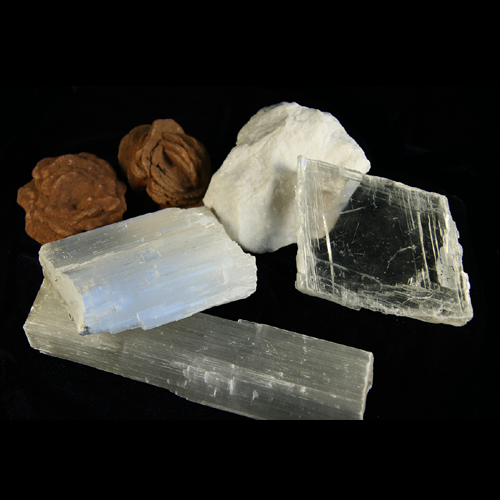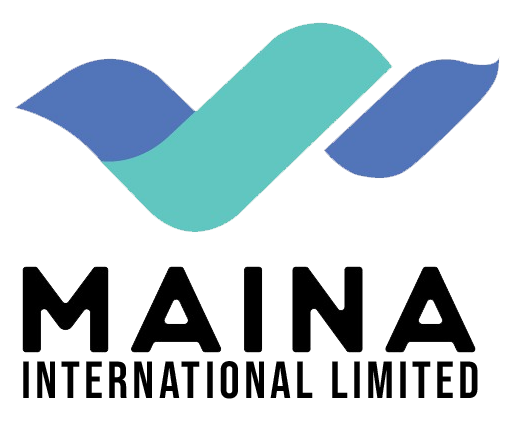GYPSUM

Origin:
We take this opportunity to proudly announce our strategic alliance with Shun Shing Group, headquartered in Hong Kong and Established in 1988. Shun Shing Group (SSG) owns and operates 4 Grinding stations, 3 in Bangladesh and 1 in Dubai with a combined capacity of 9.4 Mil MT per year.
SSG’s international trading arm is CEMCOA LTD, the largest independent cementitious trading company trading across Asia and the Middle East with annual sales of over 17 million MT per year. CEMCOA specializes in sourcing, trading, and transporting various essential materials, including bulk and bagged cement, clinker, slag, gypsum, limestone, fly ash, Pozzolan, aggregate, thermal coal, and petroleum coke. CEMCOA exports over 1 Million MT of Gypsum annually to Bangladesh, Vietnam, and the Philippines. Now SSG has decided to enter into Indian market.
MIL’s Alliance with SSG enables us to offer premium quality Gypsum to your good factory as SSG’s wholly owned subsidiary Shun Shing India Pvt. Ltd. (SSIPL) will import Gypsum from Oman and will maintain stock in East and West coast ports so to supply you Gypsum on demand as you need.
By leveraging SSG-Cemcoa's global resources and Maina International’s domestic market expertise, we will provide you with high-quality genuine 100% Oman origin Gypsum at the most competitive price.
Composition:
Gypsum's chemical composition is calcium sulfate dihydrate, with the formula CaSO₄·2H₂O. This means each molecule of gypsum contains one calcium sulfate unit combined with two molecules of water.
| Characteristics | Specifications | Rejection Limits |
|---|---|---|
| CaSO4.2H20 (purity)BY SO3 METHOD ON DRY BASIS (IS1288) | 91% min. | Less than 88% |
| Cl as (NaCl) (Chloride) (ASTM-471) | 0.1% max. | More than 0.5% |
| Moisture (free water) (ASTM-471) | 0.70% max. | More than 1% |
| Calcium Oxide (CaO) (ASTM-471) | 31% Min | |
| SO3(ASTM-471) | 42% min | Less than 39.50% |
| PH(ASTM-471) | 8.00 Max | More Than 9 |
| Fe203 | 0.10% | 0.10% |
| Sio2 | 1% | 0.65% |
| MgO (ASTM-471) | 1% Max | More than 1.8% |
| Size | 0-50mm, 95% min 51-60mm,5% max |
If above 50mm is more than 10% |
Preparation:
1. Mining: Gypsum is extracted through open-pit mining or quarrying, where large deposits are mined and then crushed to obtain the raw material.
2. Purification: The mined gypsum is often purified to remove impurities, such as clay or other minerals.
3. Calcination (optional): For producing products like plaster of Paris, the gypsum is heated to about 150-180°C (302-356°F) in a process known as calcination. This process removes three-quarters of the water to produce calcium sulfate hemihydrate (CaSO₄·½H₂O).
4. Grinding: The gypsum is then ground into a fine powder for various industrial uses.
5. Hydration (for plaster of Paris): When mixed with water, the hemihydrate reverts to the dihydrate form, hardening into a solid structure.
Uses:
1. Drywall/Plasterboard: Primary material in walls and ceilings.
2. Cement Production: Regulates the setting time of cement.
3. Soil Amendment: Improves soil structure and reduces erosion.
4. Plaster: Used for making plaster for walls and decorative elements.
5. Sculpture and Molds: Used in art for sculptures and casting molds.
6. Dental Molds: Used to create dental impressions and molds.
7. Chalk: An ingredient in the manufacture of chalk for writing.


